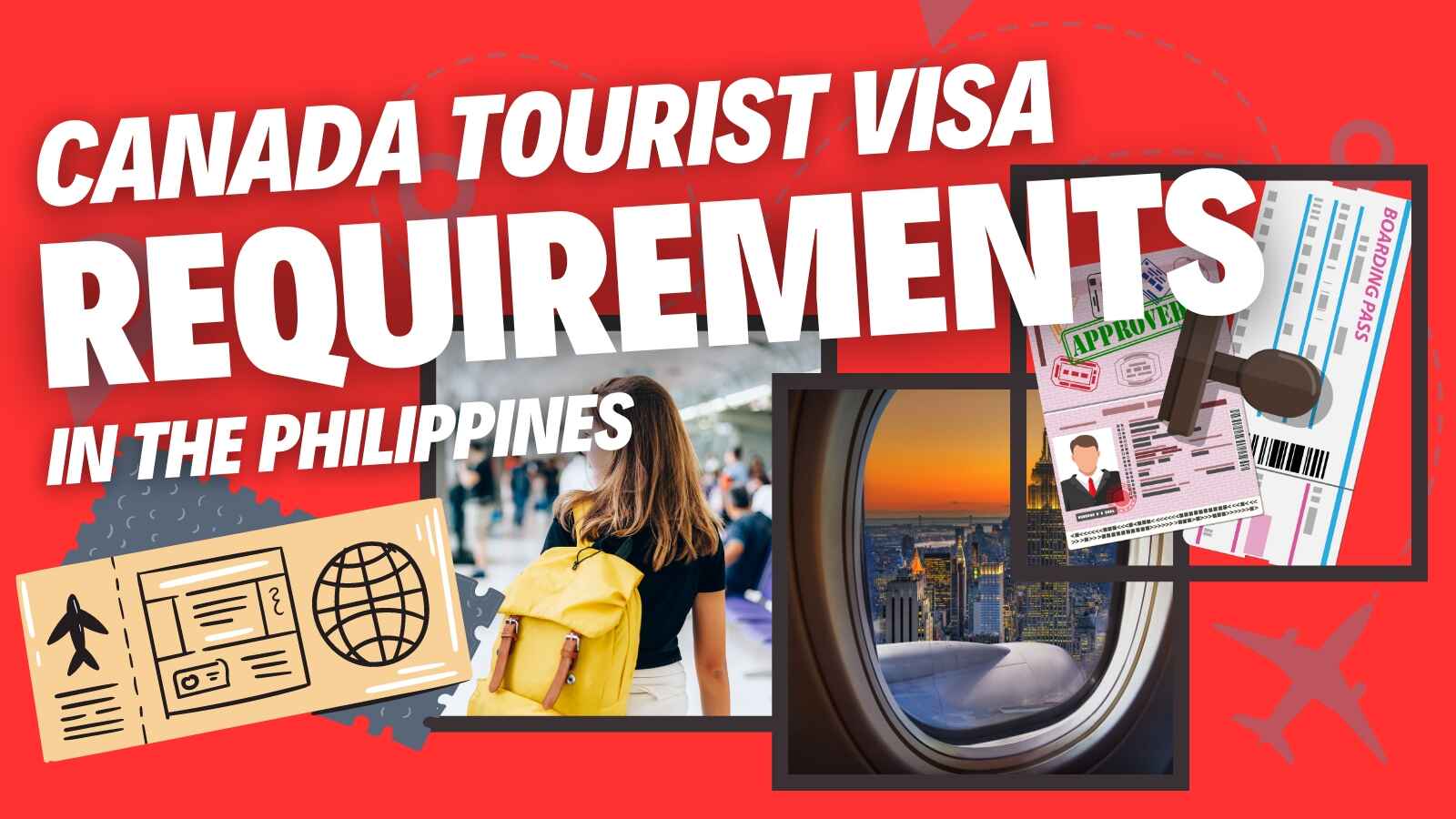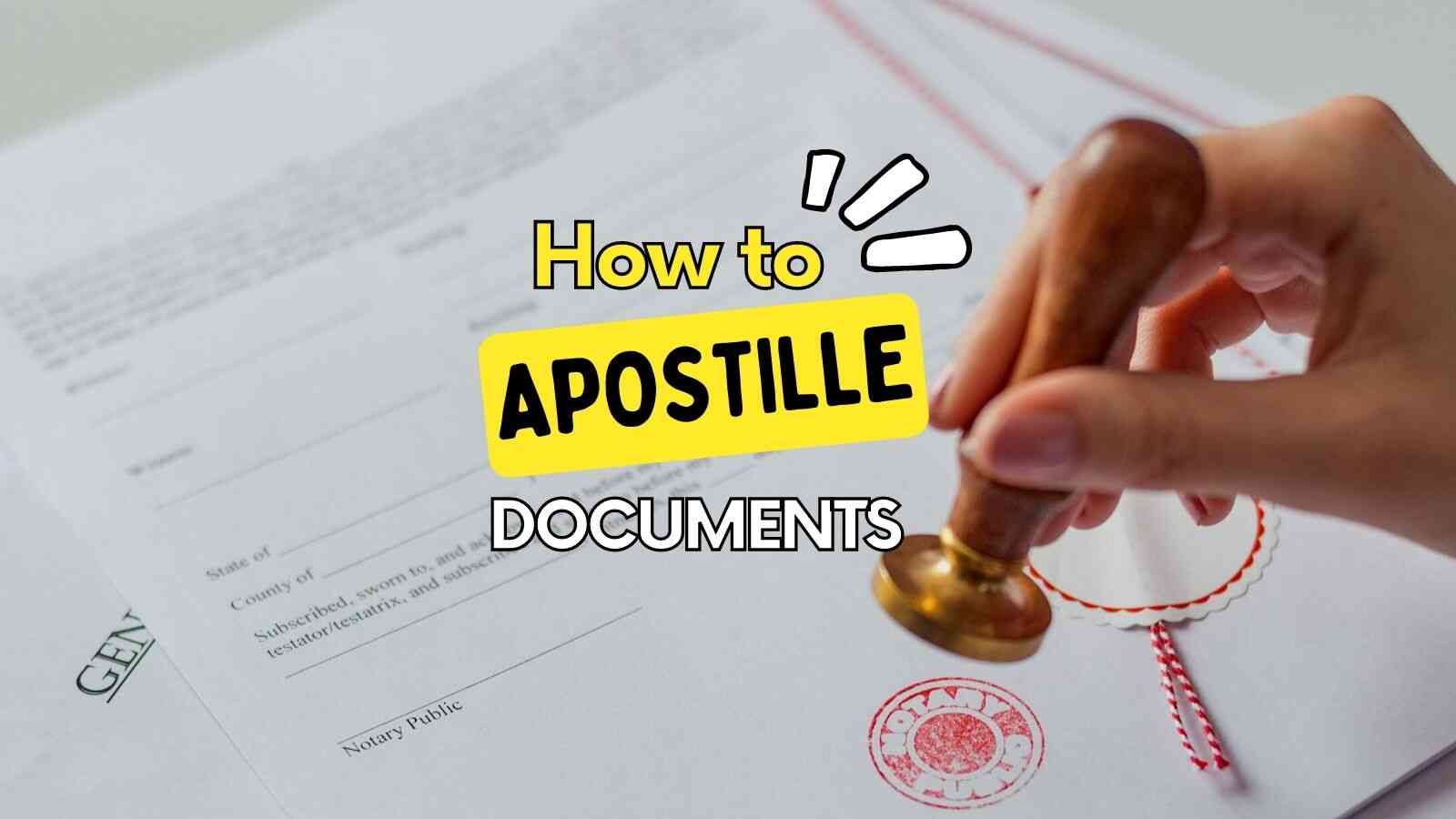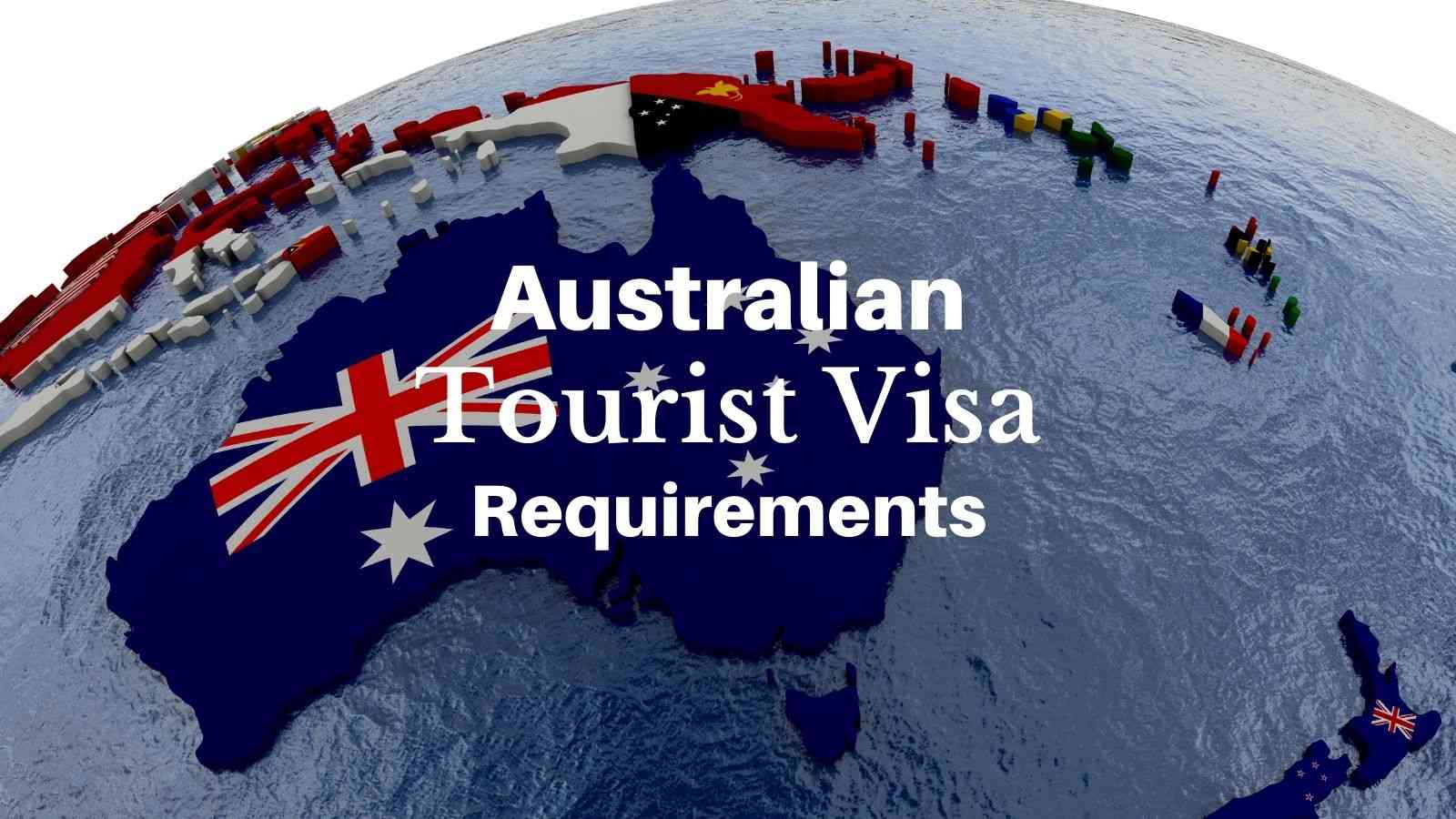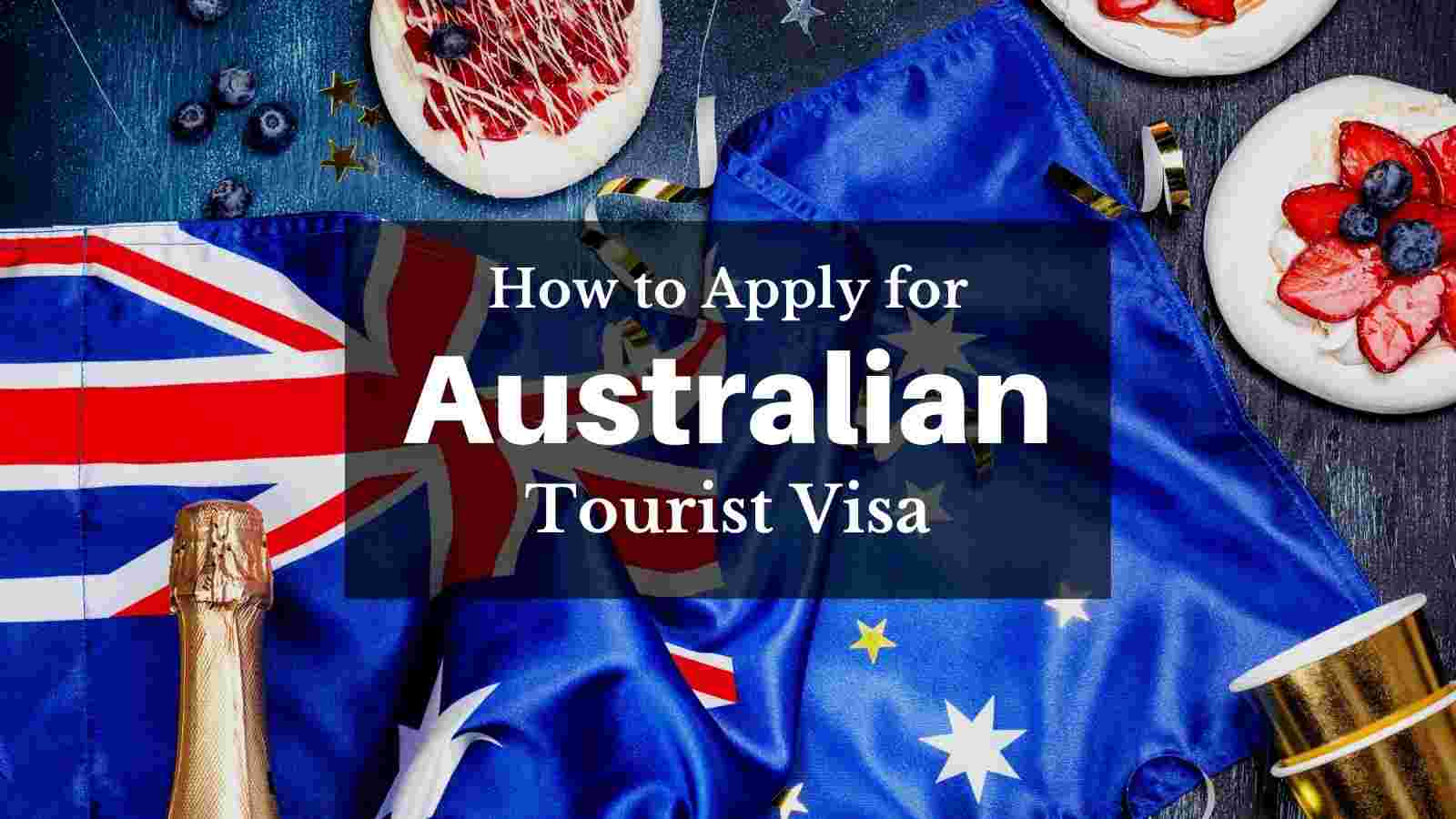A great pleasure to share here an article from a licensed Canada Immigration Consultant, Earl Blaney. He talks about implementing Canada’s new Express Entry System in the Philippines. It is important, because many Filipinos will try to apply through the Express Entry system, the question is: what is the proper procedure for doing so?
Information is slowly emerging about Canada’s new Express Entry system, a system which will supersede most of Canada’s economic class application processes as of January 2015; many details of the program remain unknown. What is known however to regulated immigration consultants operating in the Philippines is that there are two competing pre-existing prohibitions in place that are likely to cause major problems implementing this new system domestically.
Considering the importance, in terms of both quantity and quality which Filipino immigrants rank in Canada’s overall immigration scheme, this situation is certainly deserving of further thought and attention.
Canada’s immigration connection to the Philippines is well established. The Philippines has ranked in the top 3 sources of long term immigrants (PR) to Canada every year since 2004 (twice as the top source in 2010, 2011 respectively. While Citizenship and Immigration Canada does not include data on the source country of economic immigrants, they do produce data related to economic class immigrants by source area.
For statistical purposes the Philippines is included in the Asia Pacific region, a region that produces on average, every year since 2003, over 50% of Canada’s economic class immigrants. As a reminder these are the class of immigrants that the new Express Entry system is set to affect.
To put the Philippines contribution towards this number at risk would be highly detrimental to the Canadian government’s goals of attracting economic class immigrants to fill domestic labor and skill shortages. Unfortunately, the main components of the new Express Entry system may do just that.
One of the main features, as presented by CIC, of the new Express Entry system is the ability of employers to directly nominate individuals through the Express Entry database. Further, applicants who do not receive a direct job offer from employers will have their profiles registered in Canada’s revamped online Job Bank platform so that they may further seek employment and employers’ attention.
What is important to note, is that this element of the program IS in direct contrast with the recruitment laws of the Philippines managed by the Philippines Overseas Employment Agency (POEA).
Illegal recruitment is defined by Labor Code of the Philippines (Art 13 (F) of Presidential Decree No. 442) as:
Any act of canvassing, enlisting, contracting, transporting, utilizing, hiring or procuring workers and includes referring, contract services, promising or advertising for employment abroad, whether for profit or not, when undertaken by a non-license or non-holder of authority”
Certainly, referring and registering someone in a database which is accessed by overseas employers for recruitment purposes fits well within this definition. The penalties for defying such a prohibition are very serious, as they range from a minimum of six years imprisonment to a life sentence.
Immigration consultancy firms (ICCRC members etc.) who have pre-existing businesses in the Philippines are unlikely to invest the 2.5 million pesos ($62,000 CAD) capital required and would be likely similarly unable to meet to meet the numerous other requirements necessary to be granted a POEA license.
It is important to note here that most POEA licensed companies do manage to pay these dues by taking an allowable one month cut of their clients’ salaries for job placement, a practice expressly marked as illegal under Canadian law for both recruitment agencies and immigration consultants, yet remains common practice in the Philippines.
To make implementation of the new Express Entry system in the Philippines even more befuddled Bill C-35 An Act to Amend the Immigration and Refugee Protection Act (June 2011) expressly prohibits employment agencies (which is what POEA licensees are) from providing immigration advice or providing assistance with Canadian immigration applications, as they are doing so (by nature of their business) for a fee. Canada’s choice to regulate the immigration consultation industry in 2011 strictly limited those who can offer immigration assistance or advice for a fee to the small group of “authorized representatives” as defined by the Act.
The fact that the seemingly two biggest players who might assist the vast number of Filipino applicants connect to the new Express Entry system, POEA licensed recruitment agencies and regulated immigration consultants, both cannot legally participate in this process because of contradictory policy initiatives, should certainly be a matter of concern for everyone to be affected by this new system and those implementing it.
The obvious question that presents itself is, if we can’t do it and they can’t do it, who is going to do it? While it is likely that Citizenship and Immigration Canada envisions the possibility of creating such a user friendly system that would be applicants can themselves manage to complete the task of registration, this constitutes an unrealistic expectation.
Although all forms for Canadian immigration streams are currently self-fillable, the reality is that the complexity of the application and the legislation necessitates assistance in most cases. Barriers like a 28 day response time from the Canadian embassy in Manila relating to questions on application procedures, the limitations that Bill C-35 imposes on Visa Application Centers’ legal ability to provide advice to its clients and the fact that Citizenship and Immigrations’ helpline is NOT available to overseas callers all further complicate an individual applicant’s ability to proceed independently.
In summation there should be some awareness of the implications that these express prohibitions have on the ambitious new Express Entry system for Filipino applicants, and in turn what this could mean for the Canadian government’s immigration goals.
Earl Blaney
The Canada Network Inc.
0977-161-7528
September 29, 2014
Cebu City, Philippines



